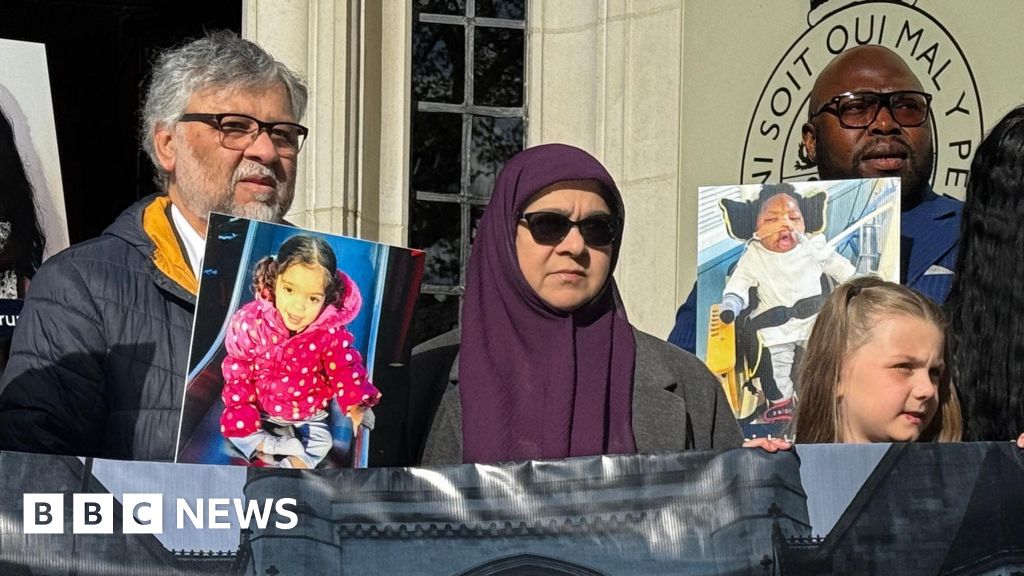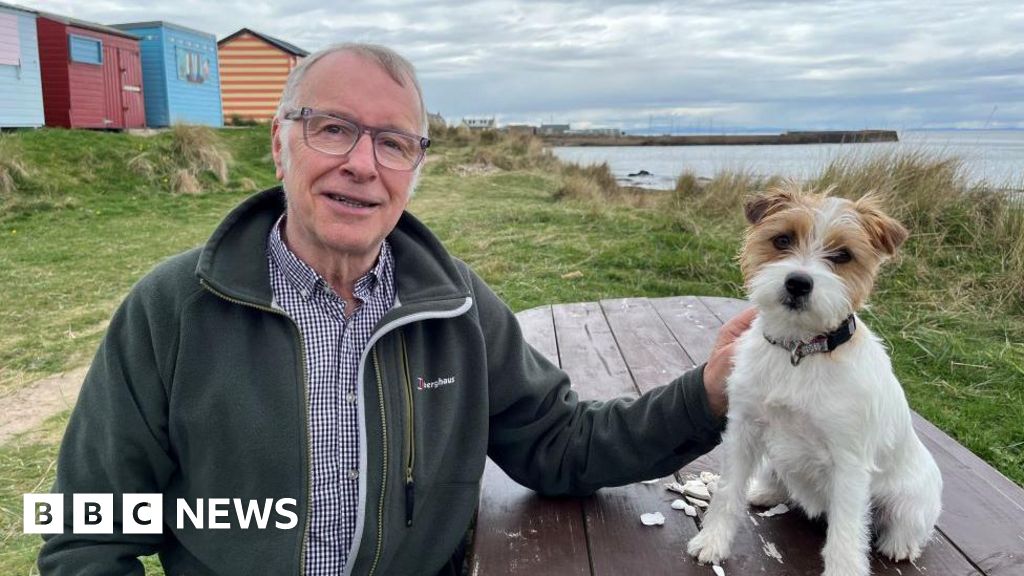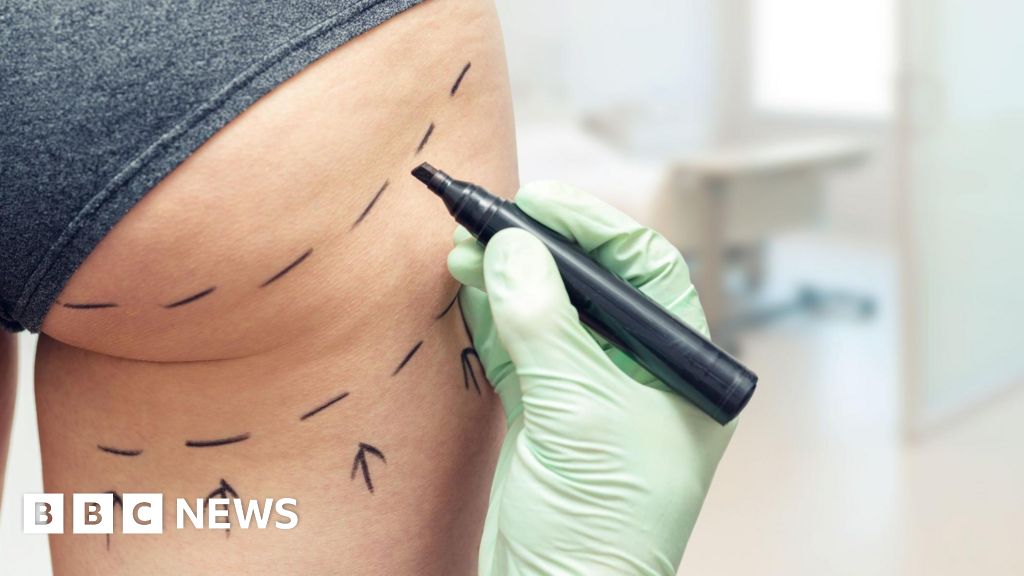ARTICLE AD BOX

 PA Media
PA Media
A public inquiry described the scale of the scandal as "horrifying"
Some victims of the infected blood scandal have been told interim compensation payments of £100,000 due to be made before Christmas have been put on hold.
It is thought at least 10 bereaved families have received letters saying applications approved this month cannot now proceed until they submit new paperwork.
More than 30,000 people in the UK were infected with HIV and hepatitis C after being given contaminated blood products in the 1970s and 1980s.
The government said in October families of people who died as a result of the scandal could apply for interim compensation for the first time.
Cabinet Office minister Nick Thomas-Symonds said he was concerned families had been given "conflicting" information, and had told officials to work as quickly as possible to ensure payments would be made.
The Haemophilia Society described the situation as "unacceptably cruel" and called for the government to apologise.
'Treated with contempt'
Kim submitted paperwork on behalf of her younger brother who was infected with HIV aged 16 and died in 1998.
She was told in writing that her application had been successful and her family would receive £100,000 on 7 December.
But on 25 November she received a follow-up letter saying the interim payment would not be made until she could provide extra documents proving she was the legal beneficiary of her brother's will.
"I'm just shocked that we can be treated with such contempt," she said.
"It's unbelievable, frankly, and I wouldn't trust them to administer anything, let alone a scheme like this."
She said some bereaved families had already made financial decisions based on the compensation they were expecting to receive.

 Family handout
Family handout
Kim's brother died in 1998
More than 3,500 victims of the scandal were NHS patients with the blood disorder haemophilia, they were infected after being given a contaminated clotting agent.
The Haemophilia Society said that it had been contacted by other families who were sent similar letters after being told their applications had been successful.
One bereaved mother who lost both sons to Aids was told she would receive interim compensation for one child, but not yet the other, because of an administrative error on a document which the family were told, in writing, would not be a problem.
Another mother whose son was infected with HIV aged eight was told she had to reapply because her name was listed as Judy on her son's probate document when it should have been Judith.
Kate Burt, the chief executive of the Haemophilia Society, said families were "shocked and angry" that successful claims had subsequently been rejected "without adequate explanation".
"This cruelty is simply unacceptable and undermines trust in the government's ability to deliver a fair and compassionate compensation process," she said.
The charity is one of five groups that have written to Sir Brian Langstaff, the chairman of the public inquiry into the scandal, accusing the government of "stealthily moving the goalposts" by adding "new bureaucratic burdens" to compensation claims.
Conservative MP David Davis has also written to the Cabinet Office on behalf of one of his constituents, asking for "common sense" to be used to process applications more quickly.
'Conflicting assessments'
The government announced in the October budget that, in total, £11.8bn had been set aside to compensate victims of the infected blood scandal.
"I am concerned that families who have already suffered so much have received conflicting assessments of their position," Mr Thomas-Symonds added.
"I have instructed officials to work as quickly as possible with the infected blood community and representatives of the probate services to ensure people are able to access money to which they are entitled as soon as possible."

 4 months ago
24
4 months ago
24








 English (US) ·
English (US) ·